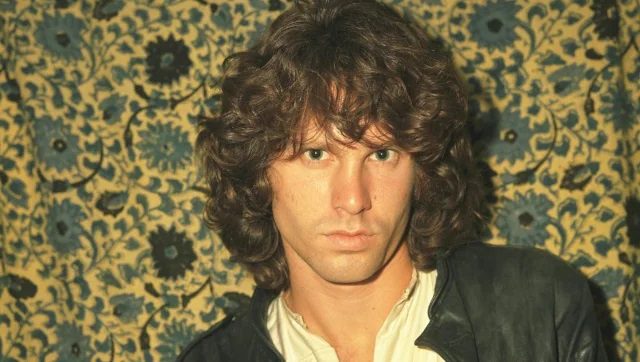Jim Morrison, the enigmatic frontman of The Doors, was as much a poet and provocateur as he was a rock star. His electrifying stage presence, fueled by Dionysian excess and shrouded in theatrical ambiguity, captivated audiences while simultaneously drawing the ire of authorities. This provocative blend of artistry and rebellion led to a string of controversial arrests throughout The Doors’ meteoric career.
Miami Mayhem: The Doors Ignite a Riot
One of the most infamous incidents occurred in 1969 at a Miami concert. Morrison, known for his improvisational theatrics, launched into an extended, sexually suggestive performance of “Light My Fire,” culminating in an alleged obscene exposure. This incensed the conservative Miami crowd, sparking a riot that left several injured and Morrison facing charges of indecent exposure and inciting to riot. While the charges were later dropped, the incident cemented Morrison’s image as a dangerous countercultural icon.
Beyond Obscenity: Challenging the Status Quo
Morrison’s arrests, however, transcended mere obscenity. His lyrics, often laced with allusions to drugs, sex, and rebellion, challenged societal norms and authority figures. In New Haven, Connecticut, in 1967, Morrison was arrested for using profanity during a concert, his defiant performance perceived as a threat to the established order. These incidents highlighted the cultural clash between a burgeoning counterculture and the conservative establishment, with Morrison’s arrests serving as a flashpoint for broader societal anxieties.
The Price of Rebellion: A Life Lived on the Edge
Morrison’s arrests undoubtedly took a toll on him. The legal battles, public scrutiny, and internal conflict within The Doors contributed to his growing substance abuse and erratic behavior. He became increasingly withdrawn, his stage persona morphing into a self-destructive spectacle. While his onstage defiance resonated with a generation yearning for liberation, it ultimately came at a personal cost.
Legacy of a Rebel: Beyond the Arrests
Despite the controversies, Jim Morrison’s legacy endures. His music, with its blend of poetry, rock, and blues, continues to inspire and challenge listeners. His arrests, while often sensationalized, stand as a testament to his unwavering commitment to artistic freedom and his defiance against societal constraints. He remains a symbol of rebellion, a reminder that art can push boundaries and challenge the status quo, even if it comes at a price.
In conclusion, Jim Morrison’s arrests were not mere footnotes in his career; they were integral to his persona and the cultural impact of The Doors. They represent the fraught relationship between art and authority, the tension between artistic expression and societal norms. While controversial, they undeniably contributed to the legend of the Lizard King, a forever-burning symbol of rock and roll rebellion.
Note: This article is based on publicly available information and historical accounts. It does not condone or excuse Morrison’s actions, but rather seeks to provide a nuanced understanding of the context and consequences of his controversial arrests.

